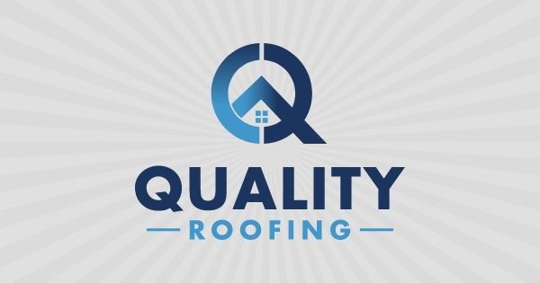Before you hire a roofing company for a professional roof repair or replacement, you should familiarize yourself with a roofing estimate. A roofing estimate is a broad overview of what you can expect from the roofing service and how much you will pay for the job.
The more you understand what the estimate should include, the more empowered you will be to make a smart decision.
Roofing companies that are bidding for a roof replacement in Florida should go over the details of the estimate to answer your questions and address any possible concerns. So, a good starting point for choosing the right contractor is evaluating how well they explain the estimate before they begin the job – not after.
If you are unfamiliar with roofing estimates, below is a short guide that will help you with the finer points of repairs or replacement. These are the basic elements you should expect in any roofing contractor’s estimate.
The Basics
At the very least, you should be able to find the following information in a roofing estimate:
- Name of the company
- Company contacts information
- Company website (if applicable)
- Insurance and licensing information
- Job description and scope of work
- Materials used
- Bottom-line project cost
- Warranty information
- Roofing estimate provisions
A Complete Work Description
An estimate should outline a detailed description of the job so that you understand the work that will be performed. The description may include:
- A list of all roofing materials
- Type and thickness of roofing underlayment
- Location of the flashing
- Size of the nails and fasteners
- Type of sealant used for waterproofing
- Changes to ventilation
- Specified manufacturer products
Materials Used
A reputable contractor specifies in extensive detail the type of roof decking, shingles, flashing, underlayment, and ventilation that will be used for the project. This information should be highly specific in the estimate.
For example, it should explain the thickness of the underlayment, the flashing locations, the type of sealant for areas that mandate waterproofing (nail holes, flashing, etc.) and the sizes of the fasteners and nails to be used for the project.
Even the product brands that the contractor will use for your roofing project should be in the materials used section.
Costs and Payment Schedules
A roof estimate should include labor and materials, permits, and clean-up or removal of any debris. The total of the job should include all costs with no surprises, hidden fees, or sudden changes.
That said, a contractor may have to switch products depending on availability (which can affect the cost of materials), or they may have to adjust the cost if they have to perform an unforeseen task such as repairing or replacing a part of the roofing system.
Each roofing company has structured payment schedules when it comes to payment terms. These range from month-to-month financing to full payment upon completion. A contractor will sometimes require a deposit of up to 30 percent in advance, 30 percent at a given benchmark, and the remainder when the job is done.
Clear and concise costs and payment terms should be included in your roof estimate so that you understand what to expect before the contractor begins work.
Manufacturer and Workmanship Warranties
Manufacturer Warranty
A manufacturer warranty is a guarantee that backs up all roofing materials the contractor used in the roof installation. All roofing manufacturers guarantee quality craftsmanship, durability, and performance in their warranties. The manufacturer warranty does not cover the installation – just the materials.
Workmanship Warranty
The workmanship warranty covers the labor and guarantees that the roofing installation meets or exceeds all job specifications, industry standards, and building codes. It may also guarantee that the materials were installed according to manufacturer specifications.
Warranty Length
The length of workmanship warranties varies from contractor to contractor. They may range from 2 to 25 years. Most homeowners compare warranties and sometimes decide which contractor to use based on warranty length.
Insurance and Licenses
Contractors must carry a contractor’s license and certification that meets all Florida state requirements. They are also required to carry liability insurance that protects their employees from injury and compensates them if they damage your property.
A reputable roofing contractor will be ready to provide this information along with the roof replacement estimate or upon request. As a homeowner, it is wise to request these credentials so that you can hold the contractor legally accountable if they fail to install the roof according to job specifications or local or state building codes. This also applies when hiring a company for a professional roof inspection or maintenance.
Questions to Ask Roofing Contractors
Although most estimates are comprehensive, they do not cover all the job specifics. No matter how thorough your contractor is in explaining the job details on paper, there are still important areas you may want to address. Therefore, you may want to ask the following questions:
- What are the specifics on the materials being used (manufacturer or quality/reputation of the products)?
- Are there provisions for sudden job changes or add-ons that may increase costs?
- If the contractor fails to pay all associated entities (employees, subcontractors, material suppliers), is there a lien release that protects the homeowner?
Get a Free Roof Replacement Estimate from Quality Roofing
Quality Roofing offers premier roofing services for homeowners in Florida. To learn more about our roofing replacement solutions, call (850) 753-0041 or fill out the quick form on our contact page.
The post What to look for in a Roofing Estimate appeared first on Quality Roofing Solutions.

